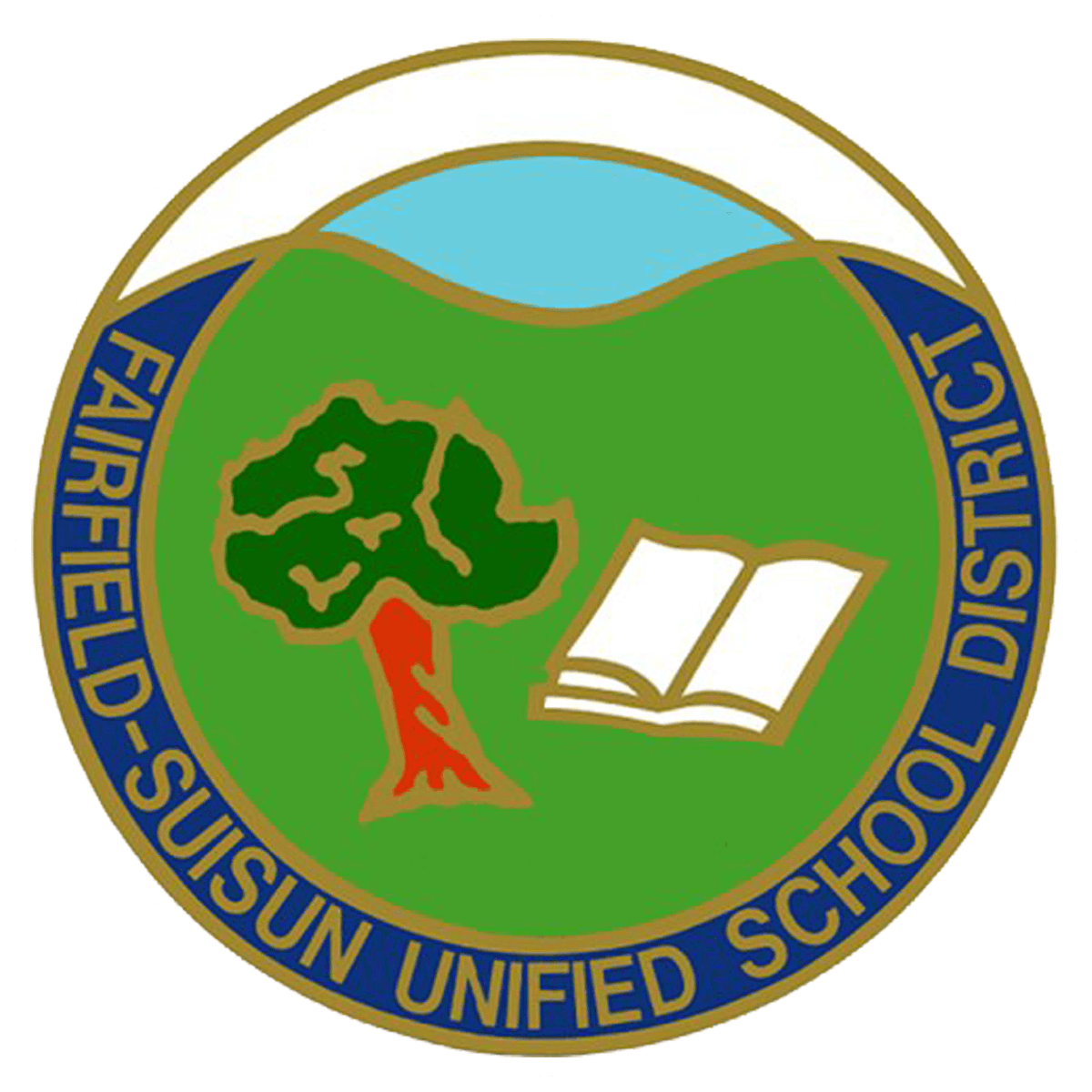FAIRFIELD, CA - Students in the Fairfield-Suisun Unified School District (FSUSD) have been raising trout in their classrooms since 2016. The program's goal is to instill in the students the value of being a responsible steward of the local environment. This year, four classes from David Weir Preparatory Academy, Cordelia Hills Elementary School, Sheldon Academy of Innovative Learning, and Dover Elementary School received trout eggs in February.
Through careful management of the water temperature, oxygenation, and clarity, the students were able to successfully hatch the eggs into alevin, which eventually grew into trout. The students took an active role in the process, carefully observing and documenting the growth and development of the trout while learning about their habitat and needs. They named them, wrote their stories, read to them, and learned about the local ecosystems that support marine life.
On Thursday, April 6th, the students boarded a bus with their trout - safely kept in buckets - to release them at Lake Chabot in Vallejo. With permits and permission from the Department of Fish and Wildlife, the students said goodbye to their trout as they swam away into their new lake home.
The students also had a chance to observe other creatures in the ecosystem, such as crayfish and water bugs. They also picked up over 1,000 pieces of trash to keep the local community and their trout's environment clean. To finish the day, the students created watercolor paintings of what their trout will look like as they grow in their new home.
Ms. Hinkens, one of the participating teachers, said, "The trout project has been a wonderful experience for our students. It's not just about raising fish - it's about learning the importance of taking care of our environment and the delicate ecosystems that support our wildlife. They learn new vocabulary, use their critical thinking skills and become great stewards of their environment. This program is a relevant, hands-on approach to learning that can't be replicated with a book or lecture!”

